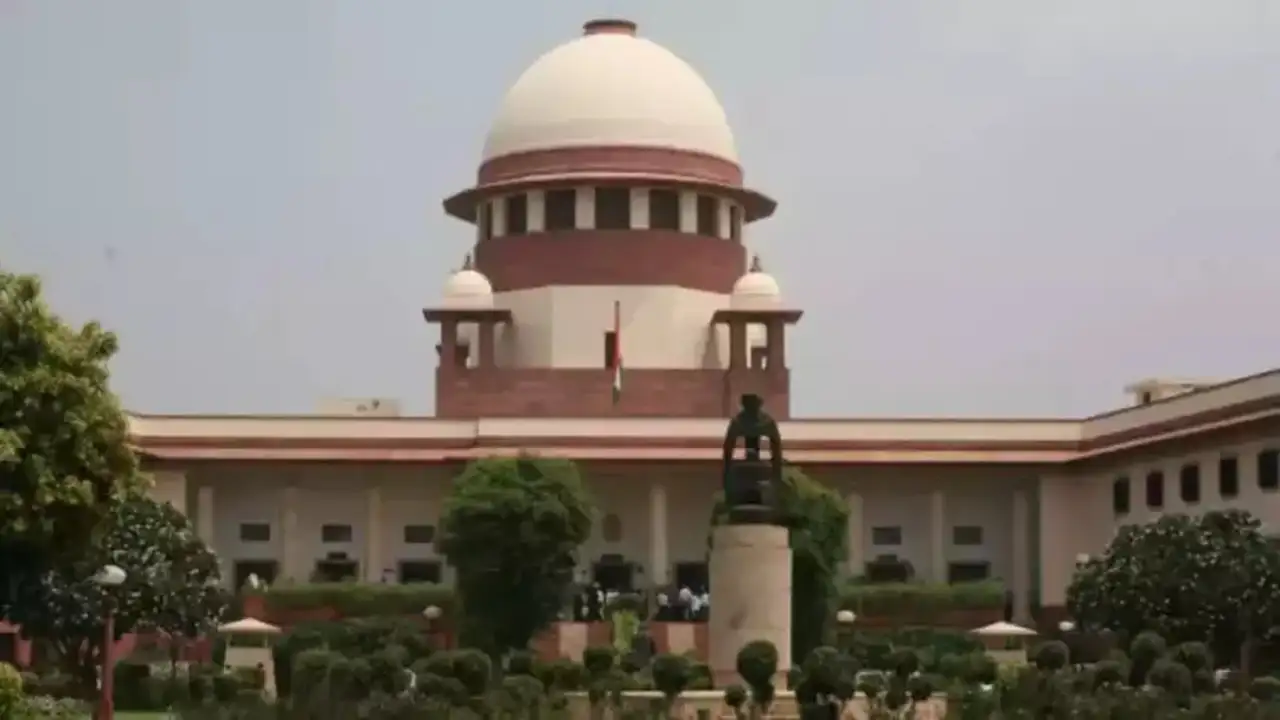Meta Description: Supreme Court cautions against routinely staying convictions of public servants under corruption laws. Urges judicial restraint in such matters.
Subheading
The apex court has reiterated that staying convictions in corruption cases involving public servants should be an exceptional remedy—not a judicial routine.
Supreme Court Sounds Caution Over Misuse of Conviction Stays
In a significant reiteration of judicial restraint, the Supreme Court of India observed that courts must be cautious while staying convictions of public servants found guilty under corruption laws, especially when such stays allow individuals to continue holding public office.
The Court, while deciding a matter in early June 2025, emphasized that allowing convicted officials to remain in service undermines both public trust and the sanctity of anti-corruption laws.
“The stay of conviction is not a matter of course and cannot be granted merely for asking. It must be backed by compelling reasons that demonstrate gross miscarriage of justice,” the bench led by Justice Surya Kant stated during oral observations.
The Legal Consequences of a Stay: Why It Matters
According to Section 8 of the Representation of People Act, 1951, any elected representative convicted and sentenced to more than two years in jail stands disqualified. Similarly, under the Prevention of Corruption Act, 1988, public servants found guilty of taking bribes or misusing their office face immediate dismissal or suspension.
However, the judiciary has, in the past, exercised its discretion under Section 389 of the Code of Criminal Procedure to stay convictions pending appeal. This often allows such individuals to retain their positions, despite the court’s acknowledgement of wrongdoing.
Past Misuse: What Precedent Reveals
In 2018, for instance, a high-profile former Minister of State convicted under the Prevention of Corruption Act managed to get his conviction stayed by a High Court, citing political conspiracy. The stay allowed him to re-contest elections and remain in power for over two years, until the appellate court finally upheld the conviction in 2020.
Legal experts and civil society groups argued that such misuse erodes institutional accountability and emboldens corruption at systemic levels.
The Supreme Court, echoing these concerns, emphasized that “when a conviction has been recorded after full trial, courts must be reluctant to stay the conviction unless irreversible damage would be caused.”
Balancing Individual Rights and Public Interest
While courts have a duty to prevent miscarriage of justice, the bench noted that the rights of a convicted individual must be weighed against the public interest in upholding transparency and good governance.
“In public office, perception matters as much as legality. Letting a convicted person function despite a trial court’s findings dilutes both judicial credibility and democratic ethics,” Justice Kant noted.
What This Means Going Forward
The SC’s statement signals a clear shift towards tighter judicial discipline in the treatment of corruption cases. It aligns with a growing trend where the judiciary is becoming more vigilant about how its interim orders are perceived and potentially misused.
This view also reinforces insights from The Elements of Journalism by Kovach and Rosenstiel: the press and judiciary must serve the public interest above all else, ensuring integrity in democratic systems.
For public servants, this interpretation may reduce the legal wiggle room to delay accountability through judicial stays. And for the public, it restores a measure of faith in the legal machinery’s ability to hold the powerful to account.
📺 Watch legal expert reactions and Supreme Court commentary on this ruling on The Legal Observer’s official YouTube channel
For more in-depth legal coverage, visit The Legal Observer News Section, or explore our insight articles.




